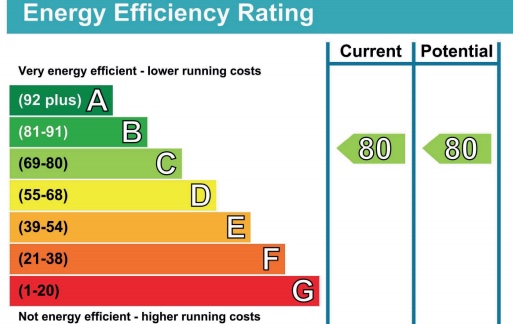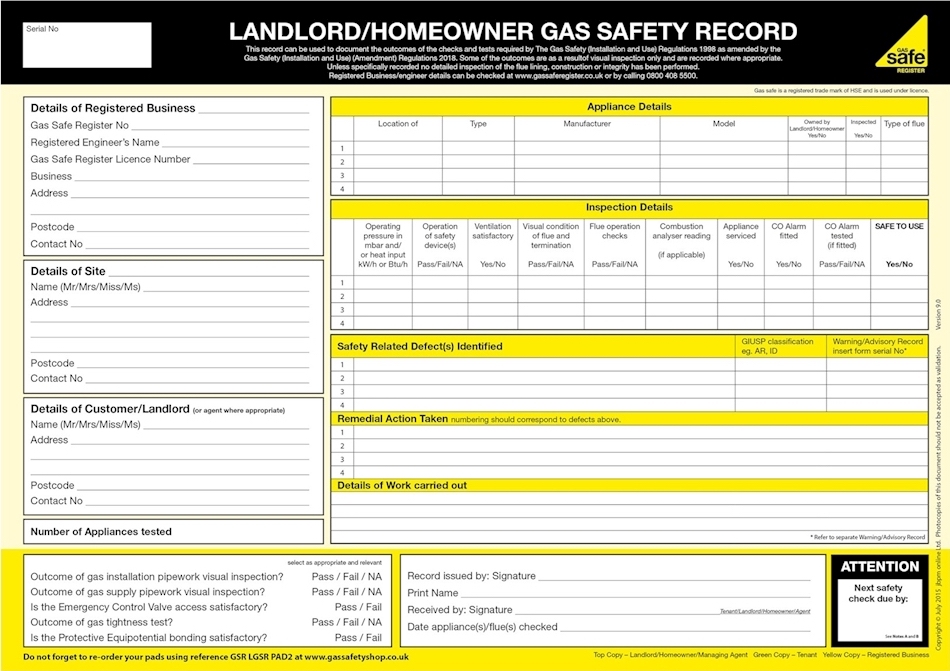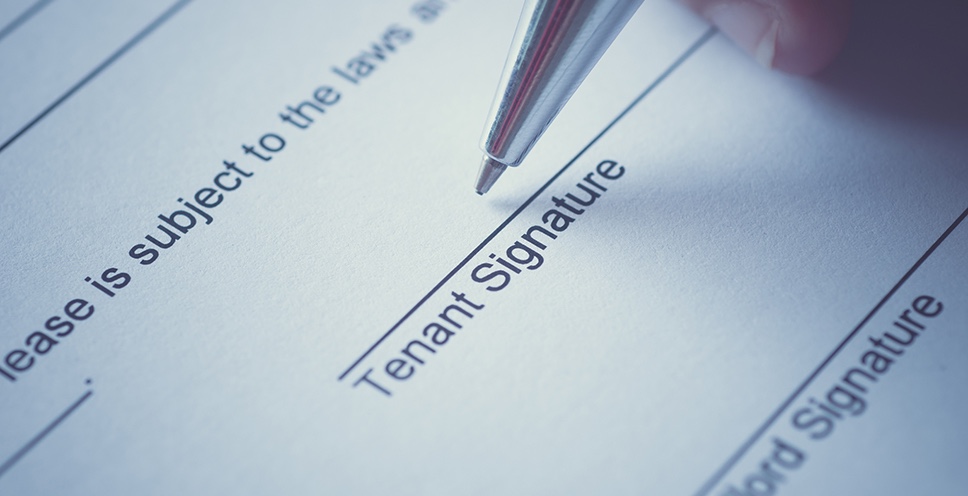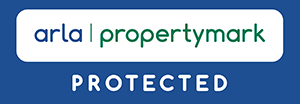Our checklist will help any landlords renting out a property for the first time in Hammersmith, Chiswick or Shepherd’s Bush.
Landlords who are renting out a property for the first time might feel a little overwhelmed by the requirements, rules and guidelines. Whilst it may seem like a lot to digest, many of the obligations are in place to not only protect tenants but to protect the landlord too.
With simplicity in mind, our Lettings team have pulled together an overview to help new landlords who are planning on letting their property.
Advice for any new landlord
Hammersmith, Chiswick and Shepherd’s Bush are some of the most desirable residential areas in London which means tenants will often expect to find homes here that are of a high standard and include quality fixtures and fittings.
While this doesn’t necessarily mean you need to entirely renovate your property, there might be some low-cost improvements to be made that will boost your property’s rentability and potentially increase the rental value.
What does a landlord need to do before renting?
Before renting a property there are several steps a landlord must take to ensure they meet the government’s standards for letting property in the UK and also make sure their property is a good place to live – after all happy tenants usually stay longer.
Read our landlord checklist below to learn what you need to do before renting a property. It includes the most crucial things you should have in place before renting out a property for the first time.

Our landlord checklist for letting a property
1. Prepare your property to let
Before putting your property on the market to let it’s a good idea to complete any works you might have been carrying out and also ensure the property is clean.
Landlords are often unsure as to whether to buy furniture for the property to let it as furnished or leave it as is to let unfurnished.
There is no one-size-fits-all with regard to furnishing, though whether or not it is appropriate to furnish a property is often related to the type of property you are going to be letting and where the property is located.
The season or overall pace of the lettings market can also be factors that affect how you prepare your property to let – we’re always happy to have a timely, no-obligation discussion and share our knowledge with new landlords, so do get in touch.
2. Make sure your rental property is safe
The top concern for every landlord should be to ensure their rental property is safe and free of any health hazards.
Each local council uses the Housing Health and Safety Rating System (HHSRS) to make sure properties are safe for the people who live there.
3. Provide a valid Energy Performance Certificate
It is a legal requirement for a property advertised to let to have a valid Energy Performance Certificate (EPC). Importantly, as of 1st April 2020, it is not possible to let a property that has a poor EPC rating of F or G.
Landlords are required to provide tenants with a copy of the EPC prior to moving in.

4. Provide a valid Gas Safety Certificate
All rented properties should undergo an annual Gas Safety Check, carried out by a Gas Safe registered engineer to ensure all gas appliances and flues are safe and fit for purpose.
The engineer records all the details of the check on a Landlord Gas Safety form (also known as a CP12 Certificate) which you will be given copies of for your own records, and to also send to your tenants.
Important to note that these checks need to be renewed every year.

5. Provide a record of electrical inspections
Any electrical equipment or appliances provided by a landlord and included at the property for let must also be regularly checked to ensure they are safe to be used.
Since 2021, landlords in England, Scotland and Wales are legally required to carry out electrical safety checks in all rental properties. These safety checks need to be carried out by a qualified and registered engineer to ensure you get a valid certificate. A copy of the electrical safety report needs to be sent to your tenants, and to the local authority if it is requested.
• Existing tenants need to be supplied a copy within 28 days of the inspection and test.
• New tenants need to be supplied with a copy before they occupy the premises.
Under the Electrical Safety Standards in the Private Rented Sector (England) Regulations 2020, these checks must be carried out at least every five years, however it is often advised to get these checked before every new tenant.
Please note: If you have the same tenant as the last electrical safety check, you still need to provide them with the most up to date report.
6. Install Smoke and Carbon Monoxide Detectors
From 2022, landlords in England and Wales are required to install carbon monoxide detectors in all properties with fixed appliances, such as fires or gas boilers. This remains the case for any new appliances added into the property.
Landlords will be expected to test the detectors on the first day of any new tenancy.
7. Fire Safe Furniture and Fittings
Any furniture or fittings that are in a landlords property while renting the property out, must meet the fire safety requirements set out in the Furniture and Furnishings (Fire) (Safety) Regulations 1988.
If tenants bring their own furniture into the property, it is not a landlords legal requirement to check that they meet these standards, however it is advised that you make them aware of the risks.
8. Provide the How to Rent guidance
A landlord or their letting agent should ensure a tenant has the most up to date version of the How to Rent checklist which has been put together by the government.
This document provides an official checklist to help tenants at every stage of the letting process.
9. Reference prospective tenants
A tenant reference check will usually include a credit check and the below point regarding a potential tenants’ right to rent in the UK.
Other elements of referencing are not a legal requirement but are good practice – it’s worthwhile thoroughly vetting potential tenants.
Good letting agents will usually have a stringent referencing process in place and will check a tenant’s affordability, and collect references from previous landlords or an employer.
10. Carry out a Right to Rent check
For all rental properties in England, a landlord must check that a tenant is legally permitted to live in the UK and rent a property in England – this is often included in the referencing process.
Before the start of a tenancy, a landlord or their agent must check that all tenants aged over 18 have the Right to Rent in England.
11. Arrange the tenancy agreement
The tenancy agreement, most commonly an assured shorthold tenancy, enters both tenant and landlord into a contractual arrangement. Giving both sides important rights and also responsibilities.
12. Protect the tenant’s deposit
The tenant’s deposit for the rental property must be placed into a government-approved scheme within 30 days of receipt of the deposit.
As with many steps to letting a property, a letting or managing agent can arrange this on behalf of a landlord. Proof of the deposit being placed into a scheme should be given to the tenant.
13. Ensure landlord’s insurance is in place
Having the correct landlord insurance in place is of paramount importance. Whilst it is not a legal requirement to have landlord specific insurance to cover your rental property, it might be a condition of a buy-to-let mortgage. Having the correct insurance in place will ensure you are protected.
There are usually a variety of options that a landlord can choose to cover within their insurance from buildings and contents, to legal expenses and even a rent guarantee should the tenants miss payments in unforeseen circumstances.
14. Arrange for an inventory
Whilst it’s perfectly legal for a landlord to carry out their own inventory of the property, the items included and the condition throughout, it can be a worthwhile investment to pay an independent inventory clerk to prepare an inventory.
Not only does this save a landlord time but a third-party prepared inventory can be stronger should a dispute arise when the tenants depart.
An inventory check are documents that report on the state of the property, and its contents at the time of the assessment. These assessments should be carried out twice, once before the tenants move in, and again at the end of the tenancy.
Important to note, that even if your property is unfurnished you should still complete an inventory check because they provide you with protection against structural damage.

What documents must a landlord provide by law in the UK?
By law, in the UK, landlords must absolutely provide the following documents to their tenants:
- Valid Energy Performance Certificate (EPC)
- Gas Safety certificate
- Smoke and carbon monoxide alarm installation
- A valid Electrical Installation Condition Report
- Copy of the How to Rent guidance
- Deposit paperwork (within 30 days of receipt)
- Record of any electrical inspections.
Landlord’s financial responsibilities
It’s important not to omit the financial responsibilities. A landlord will need to determine any amount of income tax they are liable to pay in connection with the rental income.
A landlord who is running their rental property as a business may need to pay Class 2 National Insurance.
It’s wise to speak to an experienced tax advisor to ensure your rental property is set up and run in the best way to suit your personal circumstances.
Property to let in Hammersmith, Chiswick or Shepherd’s Bush
If you’re thinking about letting your property and would like to learn more about what’s needed to get started, our Lettings team would be delighted to assist – please do get in touch.





